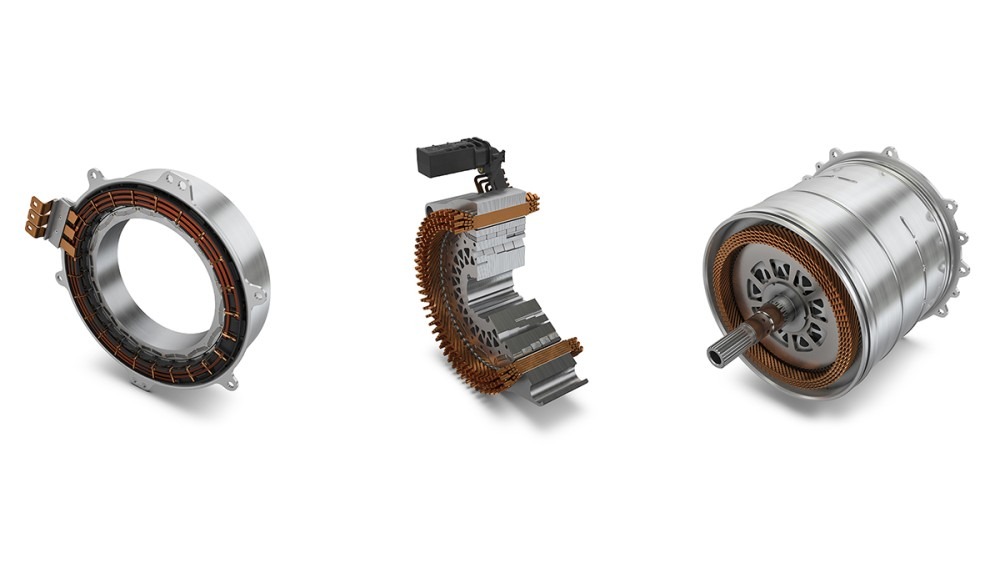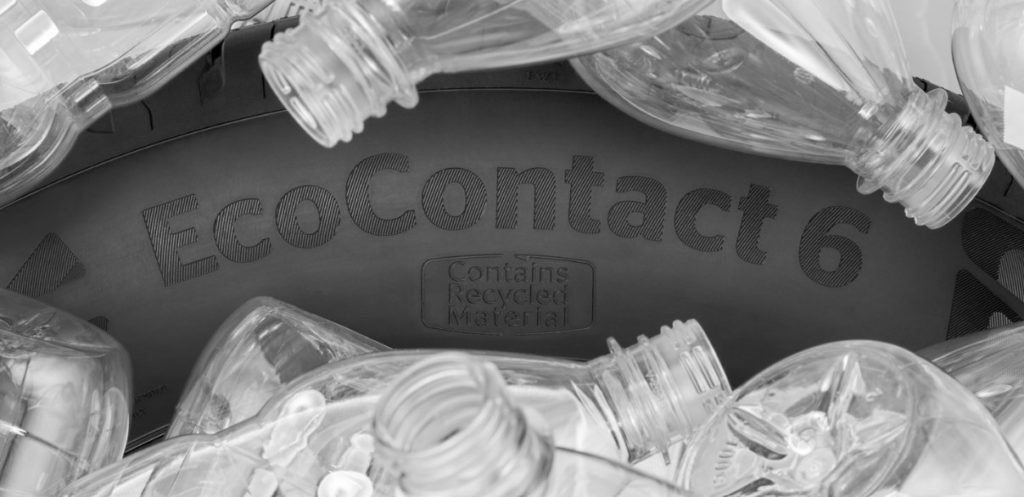Tesla uses over-the-air update to fix touchscreen recall issue in 130,000 cars
13 May 2022

Tesla is using an over-the-air (OTA) update to fix a recall issue in the US. Around 130,000 vehicles may experience an overheating issue that could cause the touchscreen display to malfunction, the National Highway Traffic Safety Administration (NHTSA) said.
The agency warned that the infotainment system’s central processing unit (CPU) could overheat during fast-charging, causing it to lag or restart. ‘A lagging or restarting CPU may prevent the centre screen from displaying the rear-view camera image, gear selection, windshield visibility control settings, and warning lights, increasing the risk of a crash,’ stated the NHTSA.
The recall notice explains that during, or while preparing for fast-charging, the infotainment CPU might not cool sufficiently, leading the CPU to process slowly or restart. This, in turn, could cause the centre screen display to go blank.
OTA update to fix issue
To fix the problem, Tesla started rolling out an OTA in early May. Affected vehicles include the 2022 Model 3 and Y, as well as the 2021 and 2022 Model X and S. The update will improve CPU temperature management, with Tesla expected to send owner notification letters on 1 July.
‘Tesla began deploying an OTA firmware update that will improve the management of the CPU temperature and associated communications with elevated temperature operation. This remedy will mitigate temperature elevations in the CPU when the vehicle is fast-charging or preparing to fast-charge, which will prevent slow processing or restart,’ the recall notice states.
While it is not clear what caused the issue, it seems to centre around how the car preconditions the battery for fast-charging or Supercharger use. At this stage, it is also unclear how widespread the issue is. Tesla notified the NHTSA that it had identified 59 warranty claims and 59 field reports that may be related to the matter. The carmaker said it was not aware of any crashes, injuries, or deaths caused by this problem.
Autovista24 approached Tesla for comment, but the electric vehicle manufacturer did not respond prior to publication.
Modern cars susceptible to recalls
Over the years, Tesla has grabbed headlines because of large-scale recalls. In February, the carmaker had to recall nearly 54,000 vehicles because of a feature that could cause its cars to roll past stop signs. More recently, in April, it had to recall 48,000 Model 3 Performance vehicles in the US because the cars may not display the speedometer while in ‘track mode.’
The number of recalls in the US remains at a high level, primarily because of the technical complexity of modern cars, which makes vehicles more susceptible to faults. The competitive nature of the automotive industry also plays a role, with a recent study finding that time pressure in product development is having a negative impact on quality assurance. Cost-cutting measures also risk reducing quality, according to key findings of the study ‘Recall Trends of Global Automakers 2011-2021’ by the Centre of Automotive Management.
In the US, recalls are registered by the NHTSA, often triggered by complaints from drivers and information received about vehicle defects. In Europe, recalls are usually handled by national agencies.
However, using an OTA to fix certain issues with software is a procedure that is also on the rise, thanks to increased vehicle connectivity. By utilising this service, customers affected by the recall do not have to visit a dealership or workshop to have the problem fixed. Not only is this more convenient, but it saves the carmaker money as well, as there is no requirement to pay for parts or labour.
The European Commission operates a European Rapid Alert system for dangerous products (RAPEX). This logs information from national authorities about ‘dangerous products’ posing a risk to consumers’ health. It shows that in 2021, 45 carmakers announced 358 recalls, with Mercedes-Benz, Volkswagen (VW), Citroen, Audi, and Opel reporting the most recalls.



